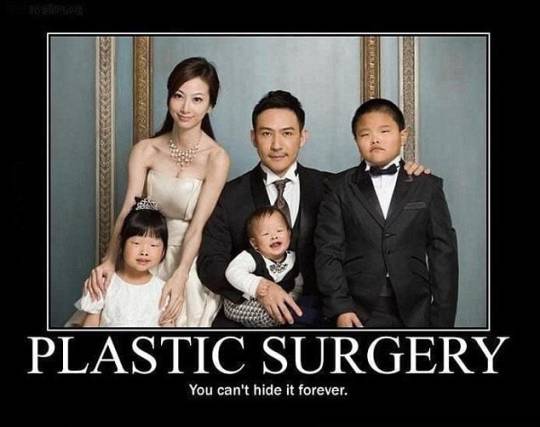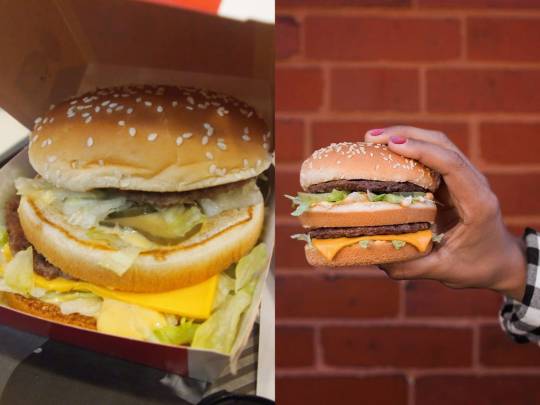Text

In his essay "The Death of the Author," Roland Barthes argues that the meaning of a text is not determined by the author, but by the reader. This idea can be applied to memes. Memes are often created by anonymous users, and their meaning is often determined by the way they are shared and interpreted by others. For example, the Doge meme, which features a Shiba Inu dog with the words "doge" and "wow" written in Impact font, has been used to express a wide range of emotions, from happiness to sadness to anger.
In "The Growing Power of the Meme," Sax argues that memes are "a new form of communication" that are "changing the way we think and interact with the world." He writes, "Memes are powerful because they are easy to share and understand. They can be used to spread information, to start conversations, and to make people laugh."
I wanted to talk about the spread information part. Now, while there are a lot of memes that are used to spread a good message or promote some company's product, there are also memes that have negative consequences.
This attached meme is basically showing a really attractive couple with kids that don't really look like them, with the caption implying that the wife did plastic surgery. This actually became a widely circulated story, with a newspaper detailing how the husband was trying to divorce the wife after finding out she lied about her plastic surgery past and how the judge actually ruled in his favor.
Now, what's even more outrageous than this story is that all of this is false.
The true story is that the picture was actually just an ad for a plastic surgery clinic, and all the people depicted were actually paid models. The wife in particular lost all of her upcoming shoots and received backlash in public when recognized as the woman from the meme. Her modeling career literally got destroyed because of this meme with a fake narrative. She literally just signed up for a random gig and now everyone thinks the fake story is true.
1 note
·
View note
Text

I actually just had a big mac so I felt compelled to talk about it. We all get those McDonald's ads that show the buns and patties falling down with the perfect bounce, each every layer looking plump, doughy, juicy. That crisp sound of "freshness" accompanies the lettuce, and burst of joy erupts within as we see slices of cheese sneaking in between each layer. Sometimes, I honestly drool after seeing those "hollywood" fast food burgers.
But when you finally muster up the courage to let go of your dignity and order that promising prospect of a burger in the big mac, reality plays its fickle tune and crashes down upon you with absolute savagery. You get the saddest burger known to humankind, with soggy buns, 1mm thick dry burger patties, lettuce everywhere except IN the burger, a piece of american cheese that's both cold and wet, and worst of all, pickles that aren't evenly distributed so sometimes you just get mauled by a triple layer pickle. The disappointment is real.
Yet, when you step back and think about it all, somehow, someway, that crappy burger is actually pretty damn good. "Pixel Perfect" and "The Age of Instagram Face" both discuss the usage of editing and the chase of perfectionism, especially in regards to appearance, in social media and the modern communication channels of our interconnected globe, and its effects on our perceptions of reality and ideas of self-worth. We're all led to believe that the right-side big mac is what's good, and what we should rightfully deserve. Yet, 9 times out of 10, the left-side big mac is what we get. And that's just how humans are, too. We chase to portray our flawless features online, only the "highlights" of our lives that go easy on the eyes. Yet, what we portray may only be 1% of 1% of our true lives. And we then start to feel bad about ourselves, wondering why our life isn't like someone else's life we see online. And that person probably feels the same way. Which is a problem.
We may feel this way about ourselves, but about the big mac ... do we really complain? No, everyone still finishes that burger, washes it down with a coke, and smiles triumphantly. If we can accept the big mac for what it is, why can't we with humans?
3 notes
·
View notes


